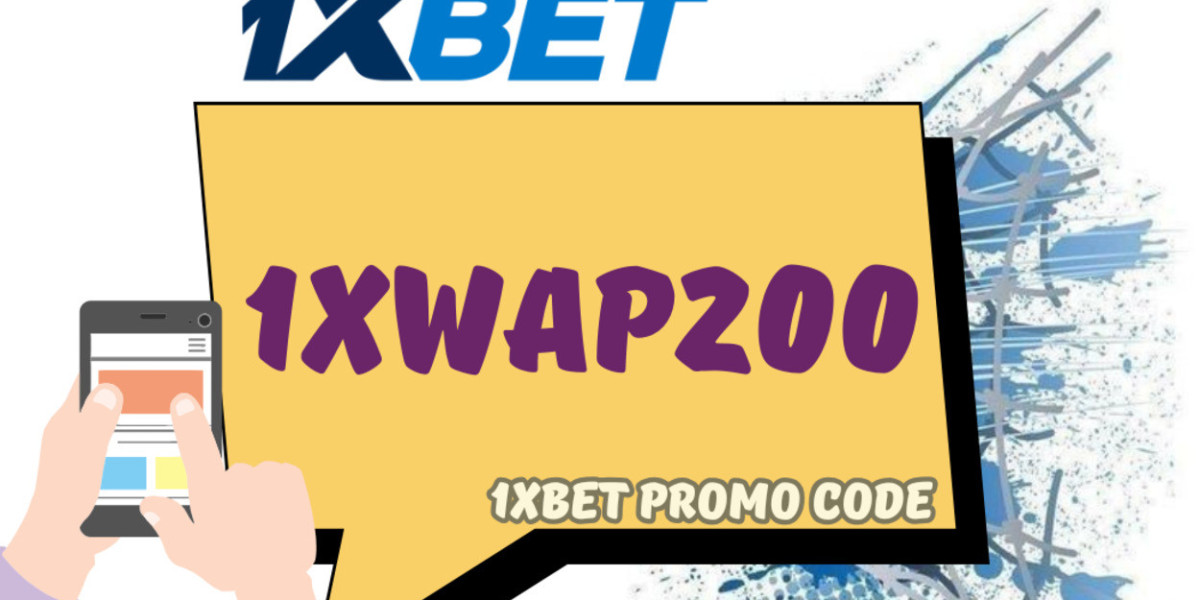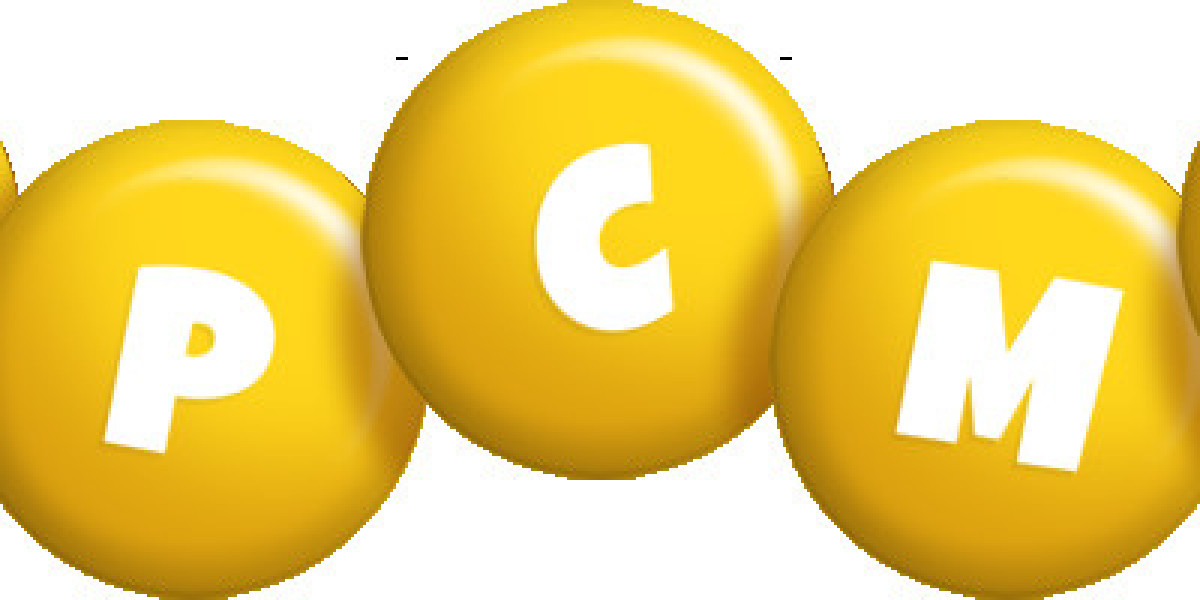in digital marketing, you’ll often hear the terms PPC (Pay-Per-Click) and Performance Marketing. Many people use them interchangeably, but the truth is—they’re not the same thing. Both are powerful, both drive results, but they work differently. Let’s break it down in simple language.
What is PPC?
PPC (Pay-Per-Click) is a type of online advertising model where you pay every time someone clicks on your ad. The most common example? Google Ads.
You set a budget, bid for keywords, and when someone searches for that keyword, your ad appears. If they click, you pay. If they don’t click, you don’t pay.
Example: A shoe brand runs a Google PPC campaign for the keyword “best running shoes.” Every time a user clicks the ad, the brand is charged.
So, PPC is mainly focused on clicks and visibility.
What is Performance Marketing?
Performance Marketing is a broader approach where you pay only when a specific action is completed. That action could be:
A click
A lead form submission
An app download
A sale
Unlike PPC, which is limited to paying per click, performance marketing looks at actual results. It covers PPC, affiliate marketing, social ads, influencer campaigns, and even display ads.
Example: If you pay an influencer only when their post drives a sale through their unique link, that’s performance marketing.
So, performance marketing is all about ROI-driven results.
PPC vs Performance Marketing: Key Differences
| Feature | PPC | Performance Marketing |
|---|---|---|
| Definition | Pay when someone clicks your ad | Pay when a specific result happens (click, lead, sale, etc.) |
| Scope | Narrow – mainly search and display ads | Wide – includes PPC, affiliates, social ads, influencers |
| Focus | Traffic & visibility | Conversions & ROI |
| Payment Model | Cost per click | Cost per action (CPA), cost per lead (CPL), cost per sale (CPS) |
| Control | High – you choose keywords, bids, budgets | Shared – depends on partners, networks, or platforms |
| Best For | Quick traffic boost | Long-term ROI and measurable growth |
When Should You Choose PPC?
PPC is best when you need:
Quick visibility on search engines
To test keywords or products
Seasonal promotions (e.g., Diwali or Black Friday sales)
A way to drive traffic instantly
It’s like turning on a switch—ads show up instantly, and you get traffic right away.
When Should You Choose Performance Marketing?
Performance marketing works best if you want:
Guaranteed ROI (pay only for results)
Scalable growth with affiliates and influencers
Long-term brand partnerships
To track every rupee spent and earned
It’s less about instant traffic and more about measurable results that impact business growth.
Pros and Cons
PPC Pros
Fast results
Great for brand visibility
Full control over targeting and budget
PPC Cons
Can get expensive quickly
Doesn’t guarantee sales—only clicks
Needs constant optimization
Performance Marketing Pros
Pay only for results
Covers multiple channels (not just search)
Scalable and ROI-focused
Performance Marketing Cons
Less control (depends on affiliates/partners)
Can take longer to set up
Requires trust and tracking systems
Which is Better?
Honestly, it’s not about PPC vs Performance Marketing—it’s about knowing your goals.
If you want immediate traffic and visibility, PPC is your friend.
If you want sales, leads, and ROI accountability, performance marketing is the way to go.
Many successful businesses actually use both together—they run PPC campaigns for traffic and awareness while building performance marketing strategies for long-term, result-driven growth. Bes digital marketing course in delhi
Final Thoughts
PPC is like renting attention—you pay for clicks and get instant results.
Performance marketing is like investing in growth—you pay for real outcomes like leads and sales.
If you’re starting out, test both. Use PPC to drive traffic, and gradually move towards performance marketing to scale. In the end, the best strategy is the one that balances quick wins with long-term success.












